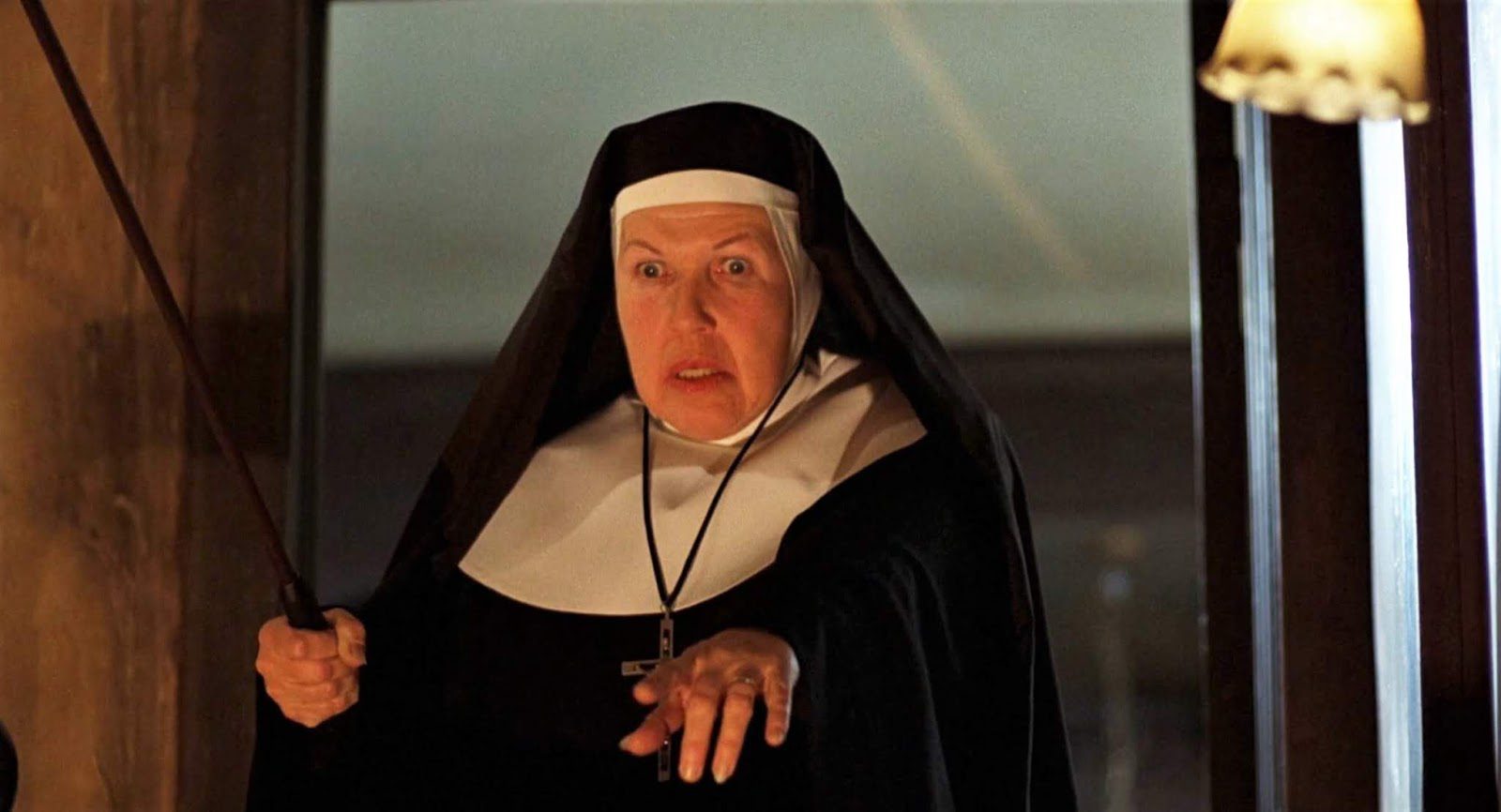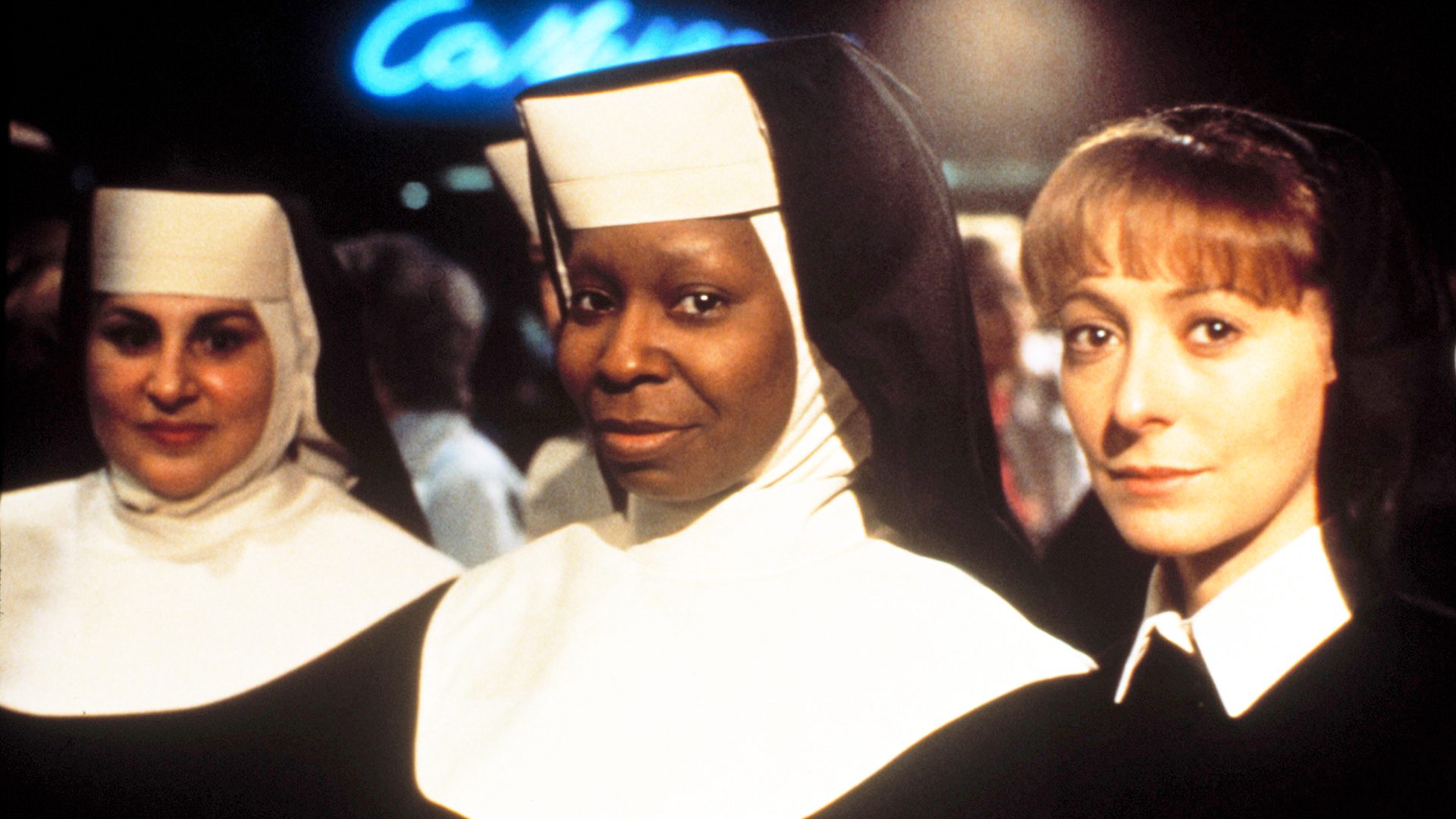While the number of American adults who classify themselves as “nones”—individuals with no religious affiliation—is on the rise, there’s a new generation of nuns who are bucking that trend. Instead, they are accepting the call and turning toward a deeper, lifelong commitment to Christ.
There’s great power and confidence when individuals come together around a common cause. This new generation of nuns are drawn to the freedom and shared, wild ambition to make change happen in the world through a sisterhood of fellow believers.
Doing Away with the Nun Stereotypes
Maybe “free,” “wild,” or “ambitious” aren’t the adjectives typically applied to a life of dedicated service to the Church, and probably the majority of millennial nuns would have agreed early on in their consideration of their call. Most of us have a stereotypical picture of what a nun is like in our minds. For me, I think of the Sister in Blues Brothers, Sister Mary Stigmata, a powerful, yes, but also fierce, no-nonsense, terrifying woman:

Today’s nuns might just be more closely in line with the community of Sisters who take in Whoopi Goldberg in Sister Act:

With these stereotypes and memories of nuns in grade school sweeping through their imaginations, many of the women religious initially balked at the idea that God might be calling them into a life of religious devotion. But the more they sat with that still, small voice, the more they found a sense of adventure and freedom in giving their entire selves over in devotion to Jesus.
Tracy Kemme, a Sister of Charity of Cincinnati who recently completed an MDiv and serves as the vocation coordinator for her congregation, shared online in 2019 what stepping into a commitment to religious life meant for her, “It would involve some sacrifice, yes — what life worth living doesn’t? More than anything, it was about joy, love, and freedom. When God calls, it is to fullness of life. For myself and many of my peers, entrance into religious life was not a renouncement or rejection, but an embrace — of God, of the Gospel, of our communities and charisms, of the world.”
What Has Changed, What Has Stayed the Same
All nuns take three vows—to celibacy, poverty, and obedience. Kemme writes that these vows are a “Yes!” to God, rather than a “No!” to the world.
Though the vows have remained the same, many nuns no longer wear habits or live in convents since Vatican II sought to integrate the sisters into the world.
Despite their tendency to be less religious, Millennials are values-driven. The new generation of nuns are taking that drive to make a difference in the world, combining it with their faith, and committing their lives to it.
Millennial nuns bring with them advanced degrees, work experience, more diversity, and a fierce commitment to social justice. They are entering the call later in life, after receiving college degrees, with a clear and sincere sense of that calling, rather than being persuaded to pursue that calling by a nun in high school.
A Passion to Serve and to Worship
There are two pathways a nun can choose: a life of active ministry, or a life devoted to prayer, in which case the nun would choose to be cloistered in a monastery. Sisters who are in active ministry have a career that combines their passion with addressing the social justice concerns in their community. These careers, or charisms, are as diverse as the rest of the Millennial generation, and they span the conservative and progressive spectrum.
“We are drawn to both spirituality and activism, to innovation and tradition, to piety and justice. We long for intentional integration of our entire lives,” writes Kemme.
Some religious sisters have devoted themselves to the concerns of the environment and caring for creation. Sister Maru Iza Santisteban, Missionary of the Divine Master, from Colombia, and Sister Maria Salud Sanchez, from the Ursulines of Jesus congregation, in Cochabamba, Bolivia are leading efforts in their communities to educate, inform, and influence individuals and political leaders surrounding global climate change. Both women encouraged members of their community to make changes to better the environment and to take care of creation.
“Caring for the planet is something we hear a lot about in the media because of global warming; and the loss of biodiversity is so serious because of the number of species in danger of extinction,” says Sister Santisteban. These sisters backed and promoted the Healthy Planet, Healthy People petition to influence political leaders who were participating in the 26th UN Climate Change Conference.
Many sisters see the church’s religious life structure as an antidote to their generation’s overarching anxiety and endless pursuit of meaning. It is a “bedrock to hold onto with all the waves of change that’s going on,” says 20-year-old Sister Miriam Elise, a cloistered nun in Loretto, Pennsylvania. While the cloistered life is very sheltered and structured, it provides ample space to carry the burdens of the world and place them at the feet of Jesus in prayer.
“The bottom line to behold is this: God is still calling, and people are still responding. All of our unique stories, millennial nuns and journalists and everybody, are about God’s eternal love expressed in myriad ways. It’s a beautiful mystery,” writes Kemme.





 Copyright
2024
Root and Vine
Copyright
2024
Root and Vine